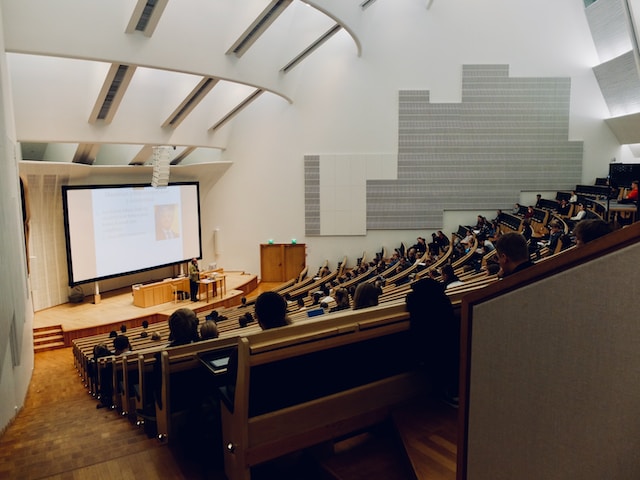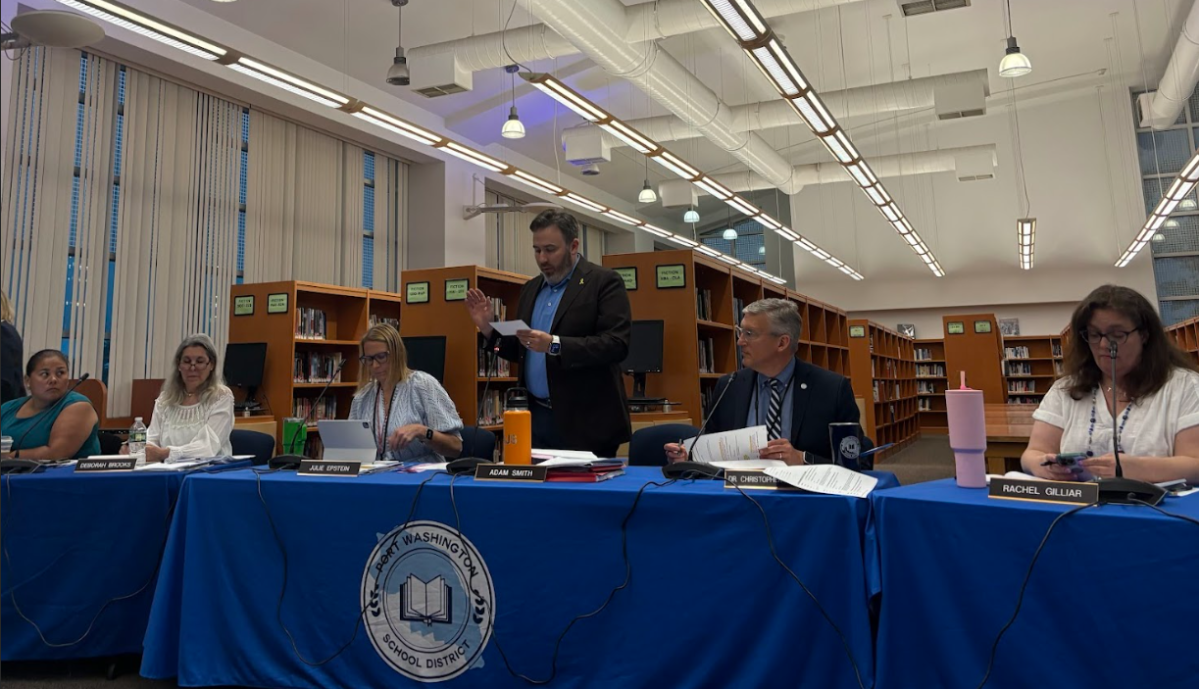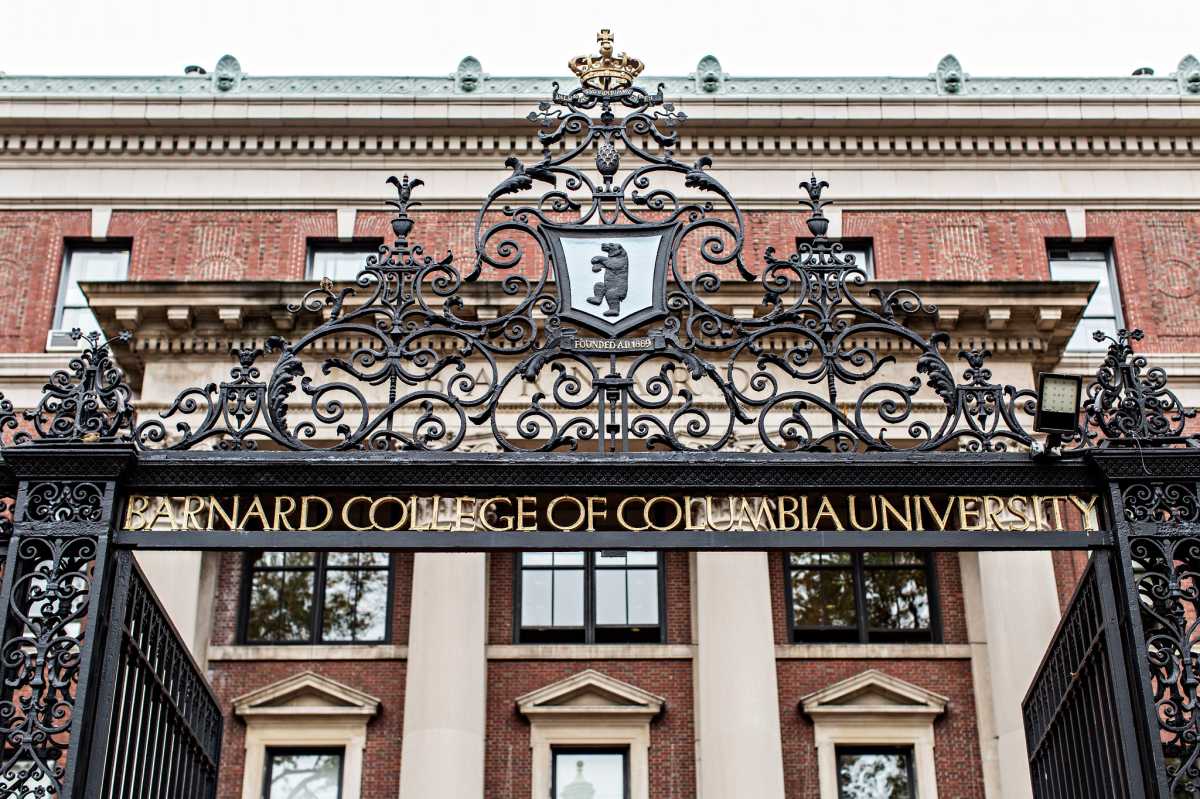The City University of New York was founded on the principle of providing tuition-free education to the public. Now, the New Deal for CUNY bill is working to bring that vision back to life.
Post-pandemic, many CUNY and SUNY students faced economic hardships like never before. The threat of increasing tuition costs affects low and middle-income families already struggling to pay for housing, food, and bills, before tuition.
The New Deal for CUNY, introduced by Senator Andrew Gounardes and Assembly Member Karines Reyes, is poised to redefine the landscape of higher education in New York, and could transform CUNY and the education it provides.
By offering free tuition, increased faculty, and mental health support, this act would aim to bring about historic improvements for the diverse student body. According to the CUNY Student Handbook and a report from the NYC Comptroller’s office in the fall of 2019, approximately 80% of CUNY undergraduates were people of color.
Additionally, it revealed that half of the student body came from households with incomes below $30,000.
The New Deal for CUNY proposes that the city fundamentally alter the CUNY system as a whole by eliminating tuition fees; increasing the student-to-faculty ratio to 65 full-time faculty per 1,000 students; and mandating one clinical mental health counselor per 1,000 students.
A 2020 report from Active Minds Student Mental Health revealed that the COVID-19 pandemic took a toll on student mental health. The study, which surveyed 2,051 college students, revealed that nearly 75% of respondents disclosed a significant deterioration in their mental well-being since the pandemic began.
There were multiple reasons behind this distress, ranging from the challenges of remote learning to the struggles of securing necessities like food and housing.
Additionally, a 2019 report by Healthy CUNY and CUNY Graduate School of Public Health and Health Policy found that one in every six CUNY students suffers from depression; one in every five suffers from anxiety disorders; and one in every six suffers from moderate or severe psychological discomfort. More than 90% of the students reporting depressive symptoms, the study found, did not get help, nor knew about the campus counseling services or the student health center.
This bill plans to combat this by increasing the number of staff and improving the training of counseling centers and wellness programs.
The college journey isn’t just about textbooks and exams — it’s a rollercoaster of challenges and triumphs. The New Deal for CUNY, proponents say, is meant to serve as a safety net, a way to say that no matter what’s going on, education matters.
Due to inadequate funding, there has been a decline in the student-to-faculty ratio. According to the mayor’s management report of the City University of New York: The dwindling student-to-faculty ratio, standing at 29:1 in 2019, is a stark contrast to the national average of 18:1
The bill aims to increase the number of faculty and provide a more suitable learning environment. It envisions a classroom with a diverse mix of cultures, opinions, and experiences. This legislation recognizes that diverse faculties are more than a numbers game — they’re a catalyst for vibrant discussions, innovation, and cultural understanding.
Students across CUNY have been at the forefront of advocating for the New Deal, leading the way by showcasing their persistent efforts to secure essential funding.
James Davis, president of Professional Staff Congress-CUNY, said, “The Professional Staff Congress and its members are immensely appreciative of the Council’s restoration of $32.4 million in CUNY funding, the majority of the Mayor’s recent cuts to community college funding.”
The restoration of CUNY funding was a major victory after it was nearly lost due to the mayor’s previous cuts in CUNY funding which would have placed CUNY on a dangerous financial path affecting many programs, including Accelerate, Complete, Engage, and Accelerated Study in Associate Programs potentially affecting enrollment.
This achievement would represent more than a financial win. It would also signify a collective dedication to empowering the student body and safeguarding the future of CUNY against the threat of financial instability.
City Comptroller Brad Lander said, “CUNY represents both the rich diversity and possibility that is New York City. CUNY remains New York City’s greatest opportunity for civic recovery and rebuilding after the pandemic, and the City must recognize the powerful value of a strong CUNY by realigning long-term budget priorities.”
The resilience of student leaders such as the University Student Senate-CUNY and their supporters proved pivotal in redirecting these funds back into the hands of institutions dedicated to academic growth and excellence.
With this bill, New York will be reclaiming its legacy as a champion of education for all. The New Deal for CUNY holds the potential to be more than just a legislative victory; it could usher in a renaissance in education and equity
As the New Deal for CUNY bill currently sits in the Senate committee for Higher Education, the legislation’s supporters envision a future where free tuition is reinstated, faculty-student interactions are elevated, student well-being is nurtured, and education is set on a course for improvement.










